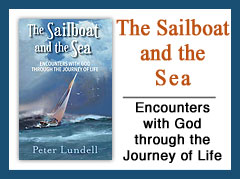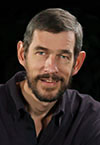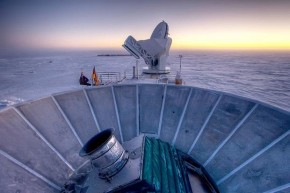
More of God’s Fingerprints on the Big Bang
Using radio telescopes at the South Pole, astrophysicists have have captured evidence of expansion just a fraction of a second after the big bang 13.8 billion years ago. The theory is that the Universe burst from smaller than an atom to 100 trillion trillion times that–and did it faster than the speed of light. Oooh. They say that their findings open “a new window” on physics. They also somehow support the idea that “our known cosmos makes up just a fragment in a much larger, unknown frontier that extends far beyond the reaches of light” (LA Times [3/18/2014]). Of course…

The Knowledge Doubling Curve
Back in the 1980s Buckminster Fuller created the “Knowledge Doubling Curve.” Industry Tap writes, “Until 1900 human knowledge doubled approximately every century. By the end of World War II knowledge was doubling every 25 years. Today things are not as simple as different types of knowledge have different rates of growth. . . . But on average human knowledge is doubling every 13 months.” And that rate will increase exponentially. IBM theorizes it could someday become every 12 hours. Makes me tired just thinking about it. The Renaissance genius Sir Francis Bacon was thought to be the last person who…
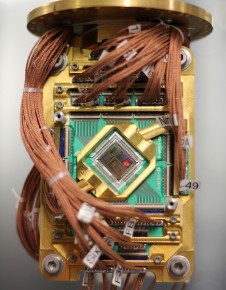
Quantum Computer–or Not
A major leap in computer technology may be on the horizon, or not. Time Magazine says, “It promises to solves some of humanity’s most complex problems” and that “it operates at 459° below zero. And nobody knows how it actually works.” Welcome to the world of quantum computing. Wired.com writes: “Quantum computers harness the weird quirks of the subatomic world to run algorithms at extremely quick speeds and solve problems that stymie our current electronic devices. That’s because classical computers rely on transistors that hold memory in the form of zeros and ones. A quantum computer, by contrast, uses subatomic…
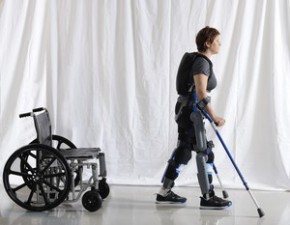
If I Could Play God
Time Magazine gave the world an article titled, “The 25 Best Inventions of the Year.” If I could play God, I would be one of those inventors. A Olympic-size swimming pool that floats in a dirty body of water and cleans the dirty water flowing into it from its surrounding. A procedure to change a person’s memory–like in the science fiction films. That, in the right hands, would be used to help people suffering from things like PTSD. A light generated by a weight on a very slow-motion pulley that would replace dangerous and polluting kerosene lanterns all across the…
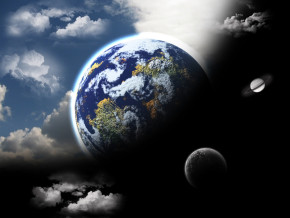
How Much Life on Other Planets?
I used to have what I called “Star Trek Theology.” I figured that there may be all kinds of creatures or people on other planets and that God may well have given them a revelation of himself something like he did to us on earth. Then I learned that physics are constant throughout the universe, and that the parameters for intelligent life are so incredibly fine tuned that the likelihood of life on another planet is extremely small. Almost to say: “We’re it.” Along comes a new report from the National Academy of Sciences that Earth-size planets orbiting sun-like stars…






